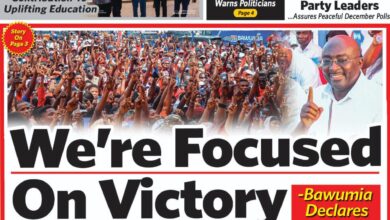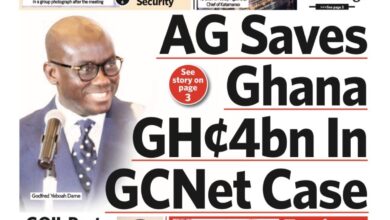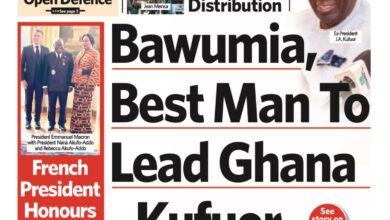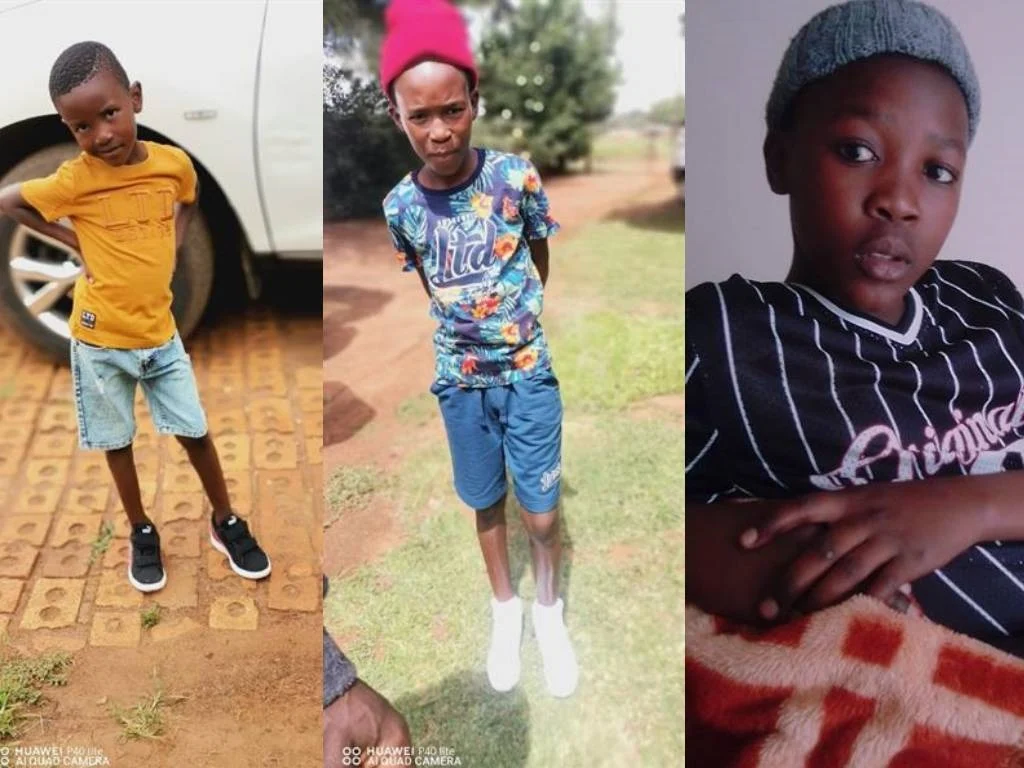District Assembly Common Fund not a social intervention programme – IPG corrects Mahama
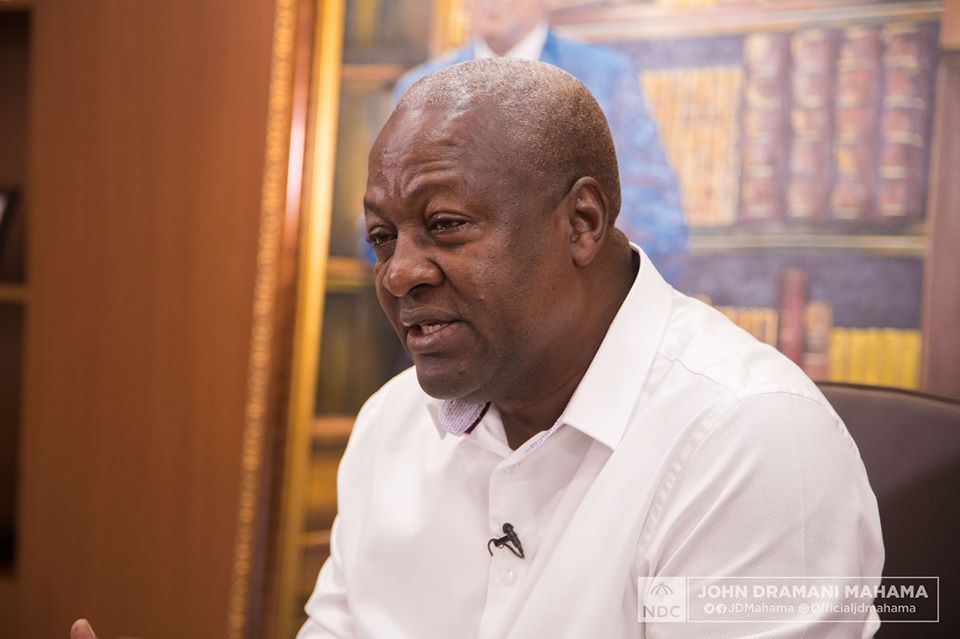
The Institute of Progressive Governance (IPG) has corrected the flagbearer of the opposition National Democratic Congress (NDC), John Dramani Mahama, over his claim that the District Assembly Common Fund (DACF) is a social intervention programme introduced by the NDC in 1992.
The IPG correction was made in a statement issued by the think tank in Accra dated 12 July 2024 and signed by Dr George Domfe, a fellow at the institute. In the statement, IPG said it is surprised that the former president will choose to identify the District Assembly Common Fund as a social intervention.
“The Institute of Progressive Governance has learned with dismay the claim that the District Assembly Common Fund (DACF) is a type of social intervention programme by former President Mahama indicated in his recent interaction with the media as part of his campaign towards the 2024 general elections” the statement reads in part.
In his response to a claim that NDC has never implemented any social intervention programme, during his recent media engagement held at Kempinski hotel, the former President said; “…..that NDC has no social intervention programme, hahaha, it is the funniest thing I heard, who brought the district assembly common fund concept?
“It was NDC, we put it in the 1992 Constitution and said 5 to 8% of the total revenue should go to the districts for their development, so if you go to your district and the district assembly has built a school, KVIP, nursery, a sports recreation, and a community centre, it is the social intervention of NDC that has produced that,” Mr Mahama said.
In their reaction to the claim of former John Mahama, the think tank stated that; “IPG would like to emphasise that President Mahama’s statement about the DACF as a social intervention policy is false. To begin with, it is not true that the NDC introduced the DACF in the Ghanaian constitution in 1992.
“The Constitution of the Republic of Ghana was approved on 28 April 1992 through a national referendum after 92% of Ghanaian electorates voted to support it. The processes leading up to this event were national in character even though it was supervised by the PNDC Government, which later metamorphosed into NDC” the IPG statement read.
“In any case, NDC was formed as a political party on 28th July 1992. How possibly could NDC have engineered the design of the DACF into the 1992 Constitution when it was not in existence at the time the 1992 Constitution was written?” the think tank quizzed in their statement.
“Again, Mr Mahama should understand that the DACF is not a social intervention programme. The DACF is a statutory fund provided to the Metropolitan, Municipal, and District Assemblies (MMDAs). As a statutory fund, the government is required by law to make it available to the MMDAs every year. Once received by the assemblies, it is then used to take care of regular expenses (recurrent), infrastructural projects (capital), disability fund, and the MP’s share of the DACF” the statement further read.
“On the other hand, social intervention programmes are intentionally implemented change strategies designed to address various social issues. These programmes aim to achieve specific goals, such as impeding or eradicating risk factors, activating protective factors, reducing harm, or introducing betterment beyond harm eradication. These are not the functions of the District Assembly Common Fund.
“In the light of the above, IPG can state with emphasis that Ghana’s social intervention programmes have included the Livelihood Empowerment Against Poverty (LEAP), School Feeding Programme, the National Health Insurance Scheme, Free Maternal Healthcare, Capitation Grant and Free Senior High School Programme. All these programmes have been introduced by the New Patriotic Party administrations of Presidents John Agyekum Kufuor and Nana Addo Dankwa Akufo-Addo,” the IPG further indicated in their statement.
The statement additionally stated the following; “While IPG commends the former president for meeting the press to share his vision with Ghanaians, it is important that he gets his facts right. The other time when Mr Mahama had an opportunity on the platform of the Friedrich-Ebert-Stiftung to share his vision, he made another unpardonable mistake by promising Ghanaians that he would initiate a zero central bank financing when in reality Ghana is currently implementing a zero central bank financing. Such elementary mistakes from a former president, who is seeking to become president again, tends to strengthen the fear that he does not know where Ghana was, where we are and where we are headed!”
IPG advises the former president and his handlers to be on top of issues before coming out to speak on issues of national interest. “We advise his handlers to coach him well to be on top of issues before releasing him to engage the public. Such faux pas tends to lend credence to the belief that the former president is not on top of issues and seems not to have learned any lessons from past mistakes” the IPG statement read in conclusion.
Source: Asaaseradio

